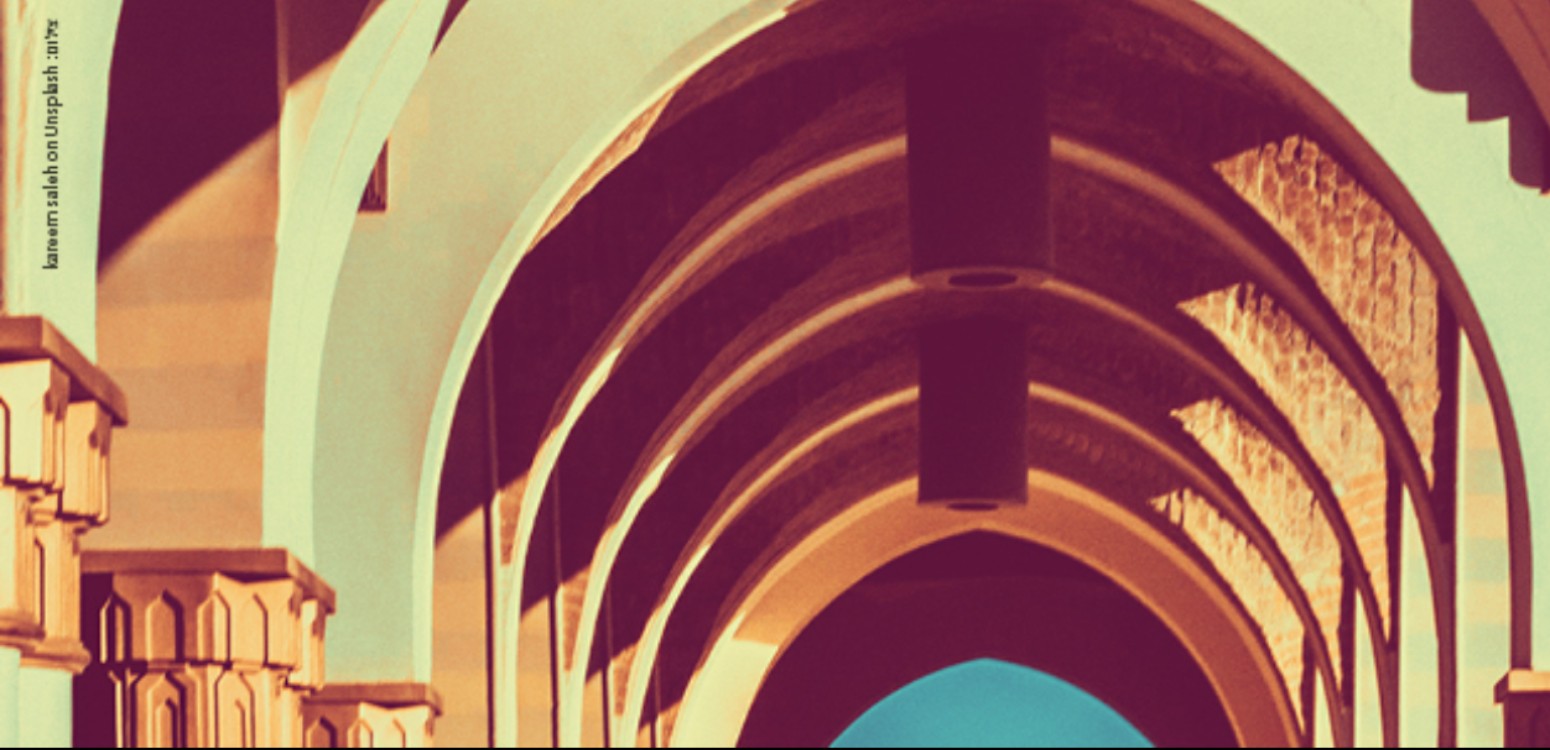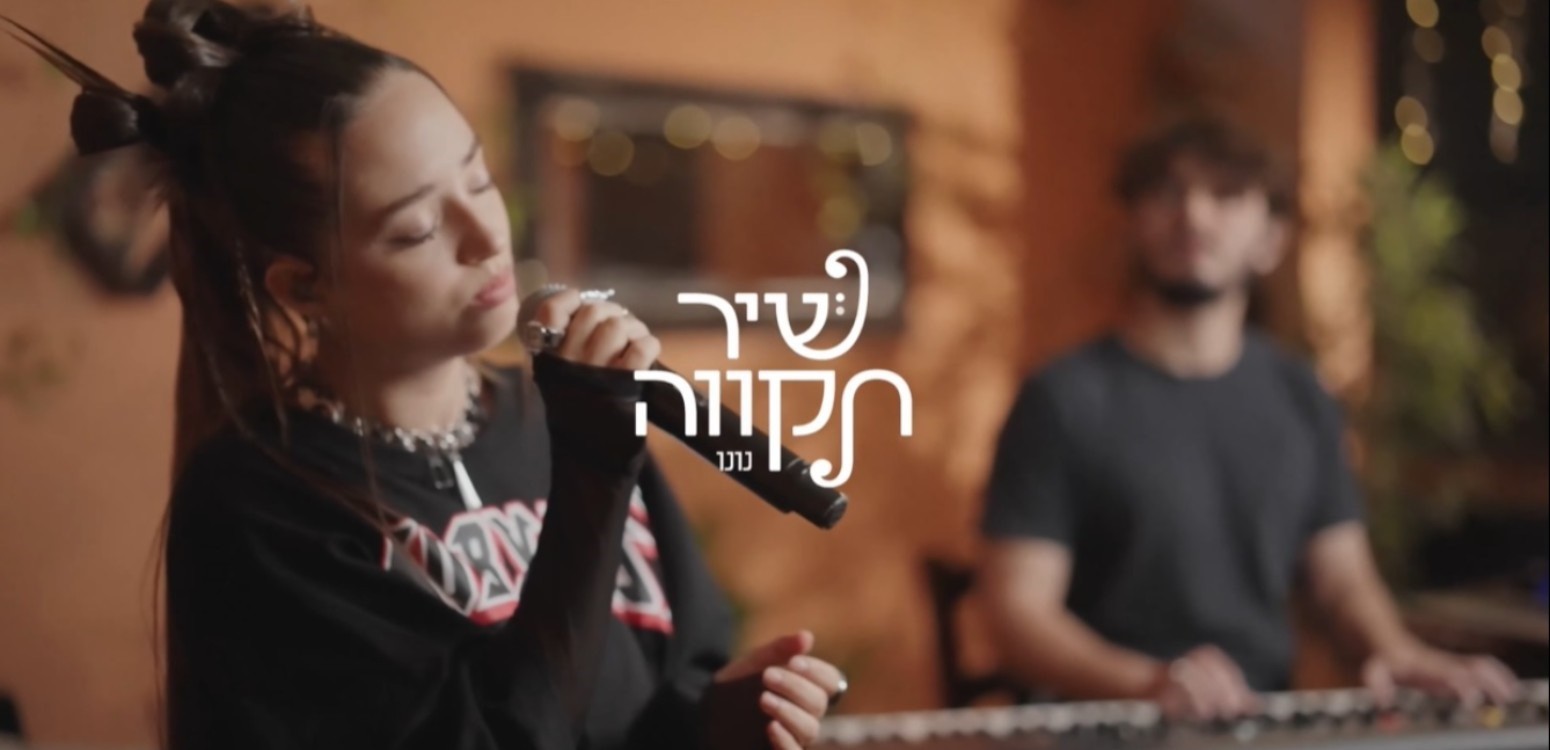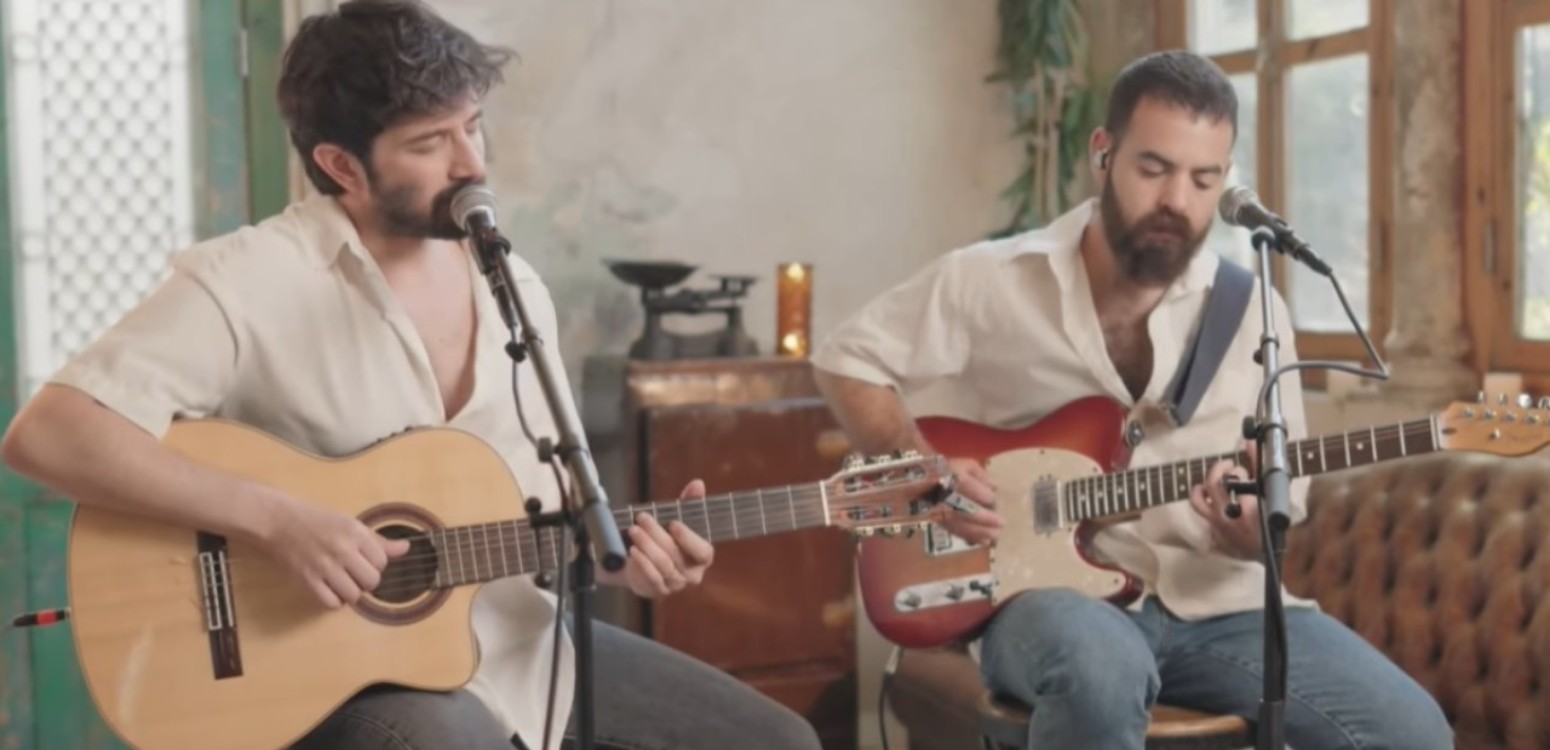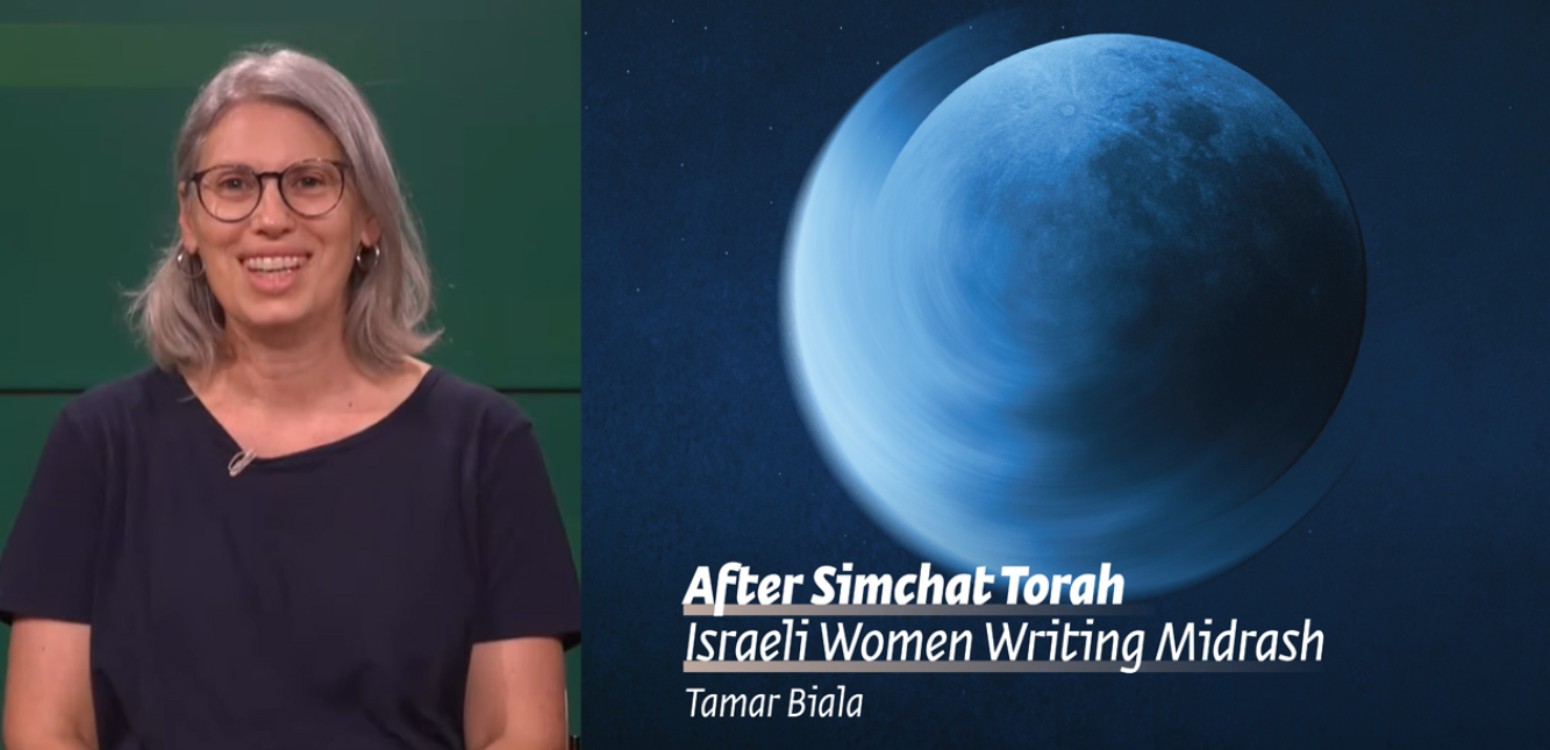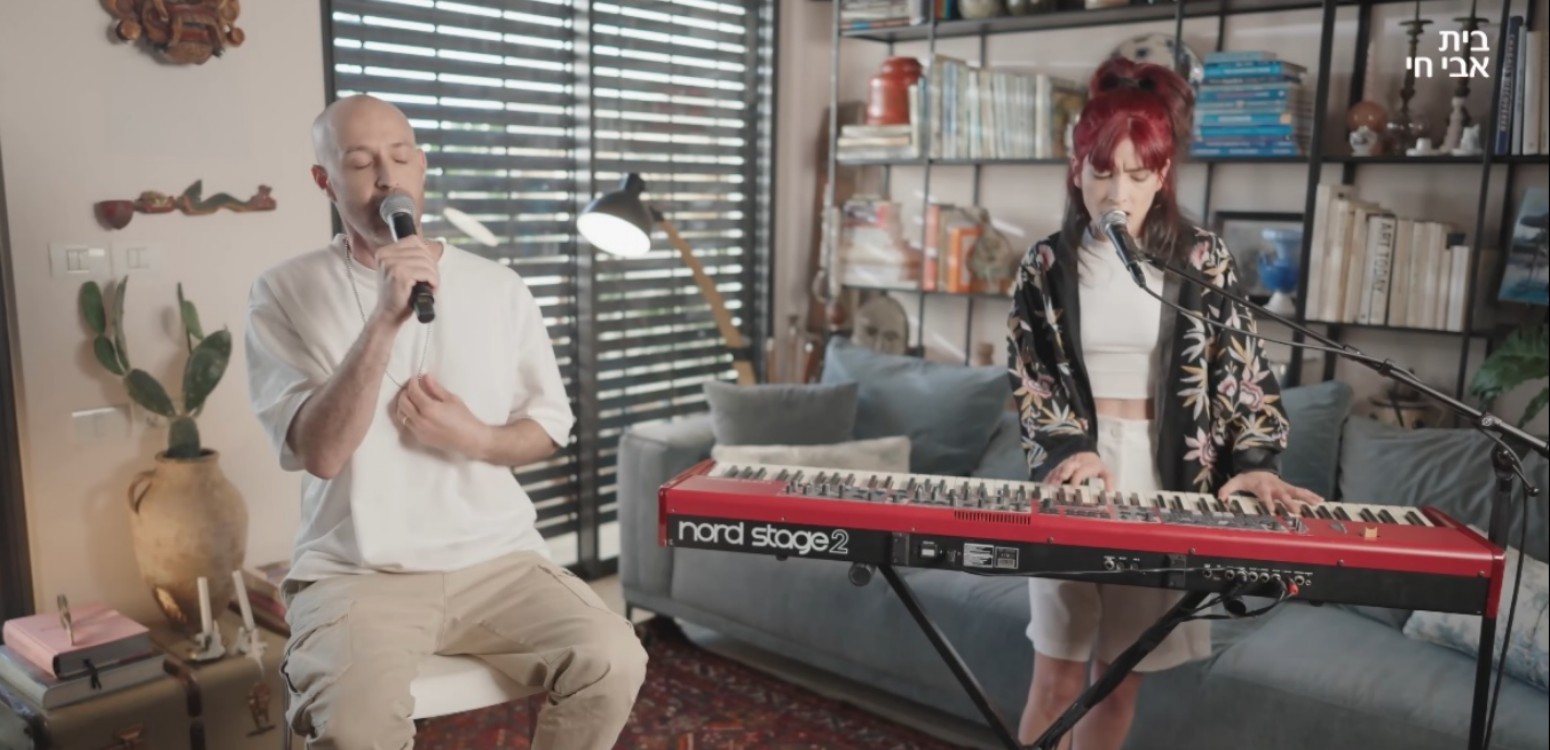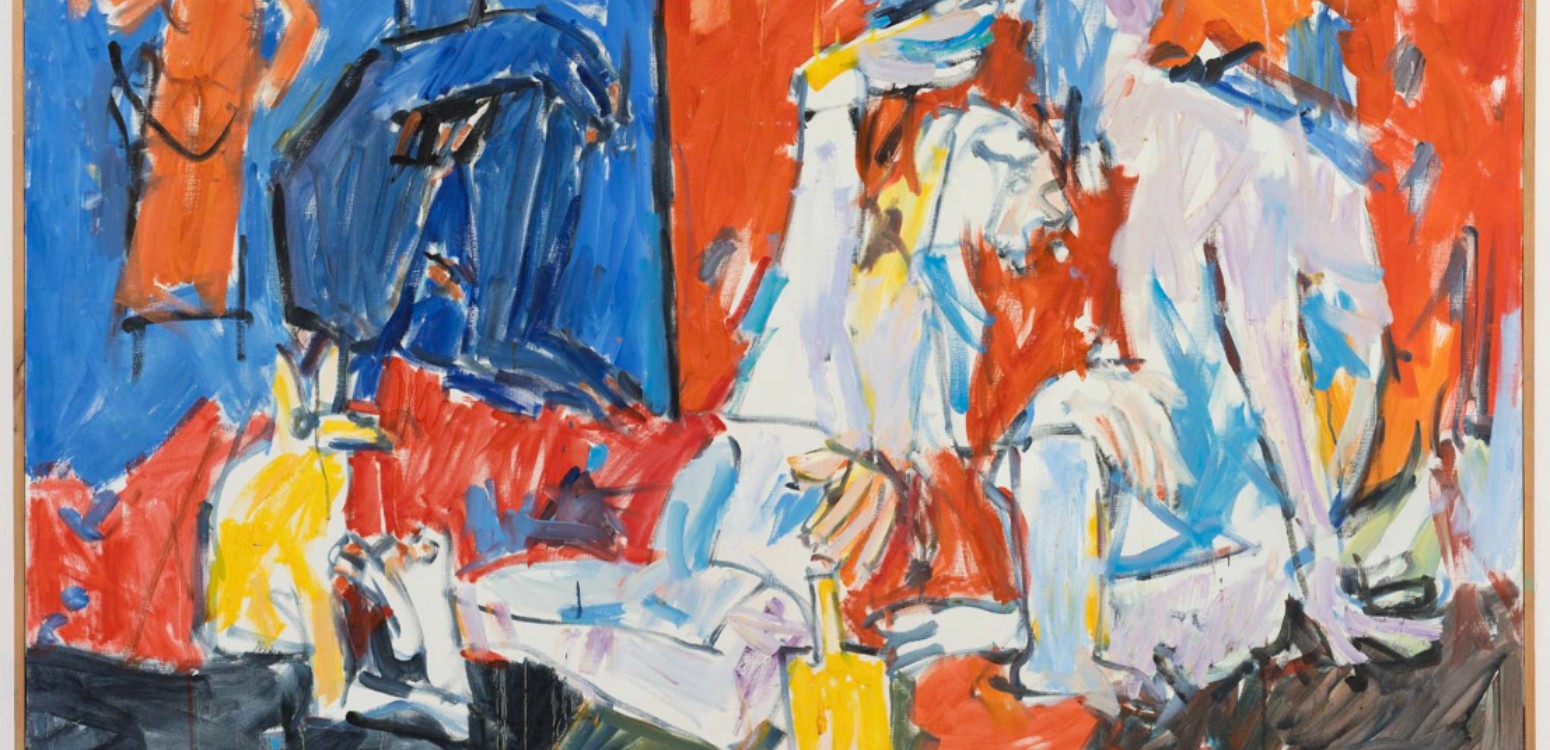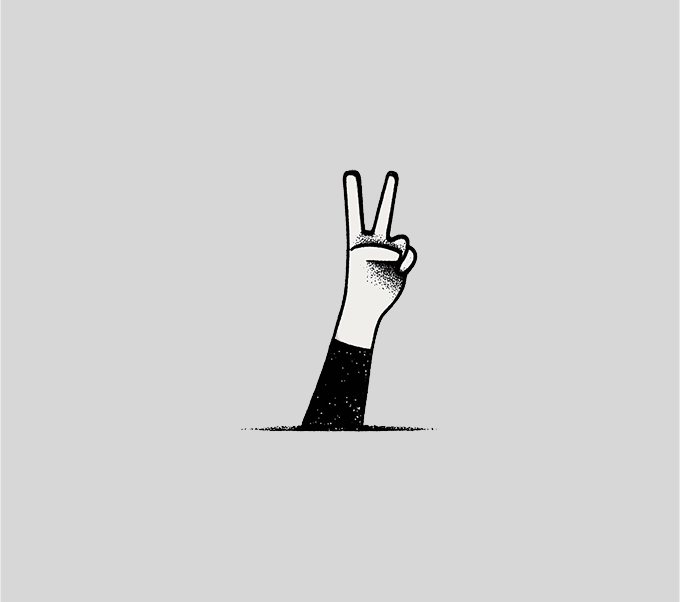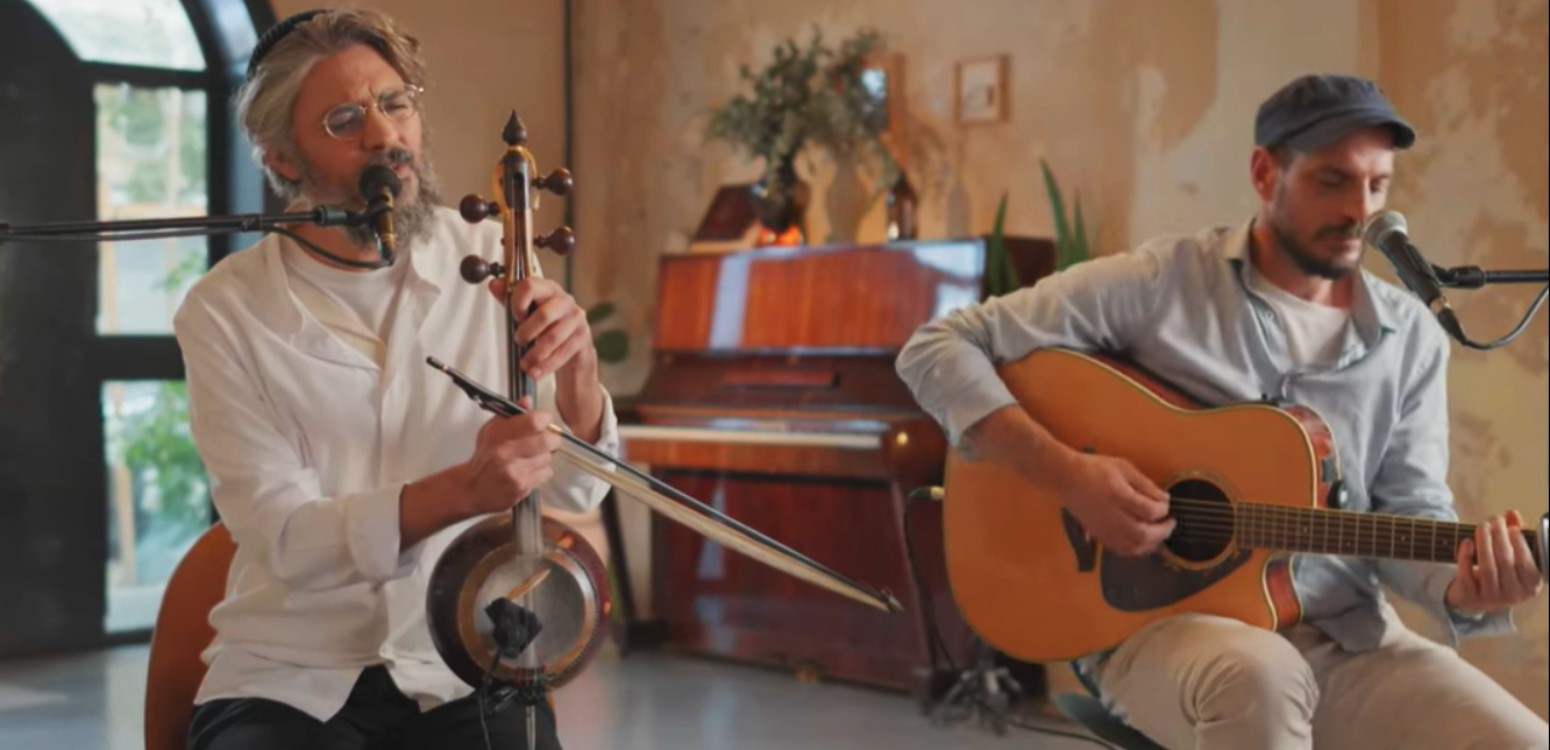
Hillel Zeitlin’s radical reading of Lech Lecha transforms Abram’s journey into a call for spiritual liberation – from blind patriotism, tribal nationalism, and social conformity. But can we free ourselves from these attachments without losing our identity entirely?
“The Lord said to Abram, ‘Go from your land, from your birthplace, and from your father’s house to the land that I will show you. I will make of you a great nation, and I will bless you; I will make your name great, and you shall be a blessing. I will bless those who bless you and curse the one who curses you; and all the families of the earth shall bless themselves by you.’” (Genesis 12:1-3)
At the end of the previous parasha, Abram had already left his land and birthplace, so why does God now instruct him again to leave them? This apparent repetition invites us to read these famous verses not as a geographical command, but as a spiritual and symbolic one.
Spiritual liberation
Hillel Zeitlin (1871–1942), a Zionist thinker murdered in Treblinka in 1942, offered a radical interpretation of Lech Lecha that speaks powerfully to every generation. For Zeitlin, “Go forth” is not merely about physical departure – it’s a call for spiritual liberation from the attachments that bind us.
The command unfolds in three parts. Leaving “your native land” means freeing ourselves from extreme patriotism. Zeitlin argues that while we should honor our homeland, we must resist the dangerous belief that almost anything – even violence against our fellow human beings – can be justified for the nation’s sake.
We are called to liberate ourselves from the natural connection to the land and replace it with a spiritual connection to the heavenly land.
“Your birthplace,” which Zeitlin interprets as your people, your nation, presents a similar challenge. Even if we recognize that place itself matters less than community, the verse warns us not to elevate national identity to an absolute value. National feeling can captivate us so completely that we adopt our nation’s beliefs uncritically – even when those beliefs are corrupt. When our nation subjugates or oppresses others, we may feel duty-bound to participate in these injustices simply because they’re cloaked in national purpose. The command calls us to discernment: embrace what is good and holy in our national identity, but reject its egoism, its drive for domination and conquest.
This liberation from nationalism is difficult. We fear that questioning our nation makes us traitors, like those who exclude themselves from the community. But Zeitlin insists that God expects precisely this courage.
Finally, “from your father’s house” addresses the customs and beliefs of our immediate environment. Our closest circles shape us profoundly – so much so that conformity to “what is accepted” becomes almost an idol. These influences become embedded in our very personalities. Yet the verse calls us to free ourselves from this conditioning as well.
“Go to yourself”
But where does this liberation lead? Zeitlin finds the answer in the doubling of the command itself: Lech Lecha – “Go to yourself.” Drawing on the Hasidic interpretation, he reads this as a journey inward, to the root of your higher soul. By freeing ourselves from the spiritual shackles of land, nation, and social conformity, we create the possibility of accessing what Zeitlin calls the “heavenly good” – the absolute divine goodness that lies beyond the vanities consuming our everyday existence.
The distinction between enslavement and connection
Zeitlin’s interpretation is as challenging as it is compelling. Can we truly free ourselves from these deep attachments without becoming unmoored – lonely, stripped of identity? Don’t our souls and our connection to the divine also find expression through our bonds to land, nation, and culture?
Perhaps the answer lies in Zeitlin’s own life. He remained deeply committed to Zionism and Judaism even as he called for this radical spiritual freedom. The key distinction, then, is between enslavement and connection. We are called not to sever our ties to place, people, and tradition, but to transform them – to move from blind allegiance to conscious engagement, from possessive nationalism to loving belonging. It is precisely through this liberated yet sustained connection that we might glimpse the “heavenly good” Zeitlin envisioned: a spiritual wholeness that transcends tribalism without abandoning community, that reaches toward the divine without fleeing the human.
Lior Tal Sadeh is an educator, writer, and author of “What Is Above, What Is Below” (Carmel, 2022). He hosts the daily “Source of Inspiration” podcast, produced by Beit Avi Chai.
For more insights into Parashat Lech-Lecha, listen to “Source of Inspiration”.
Translation of most Hebrew texts sourced from Sefaria.org
Main Photo: Abraham contemplates the Stars\ Wikipedia
Also at Beit Avi Chai



